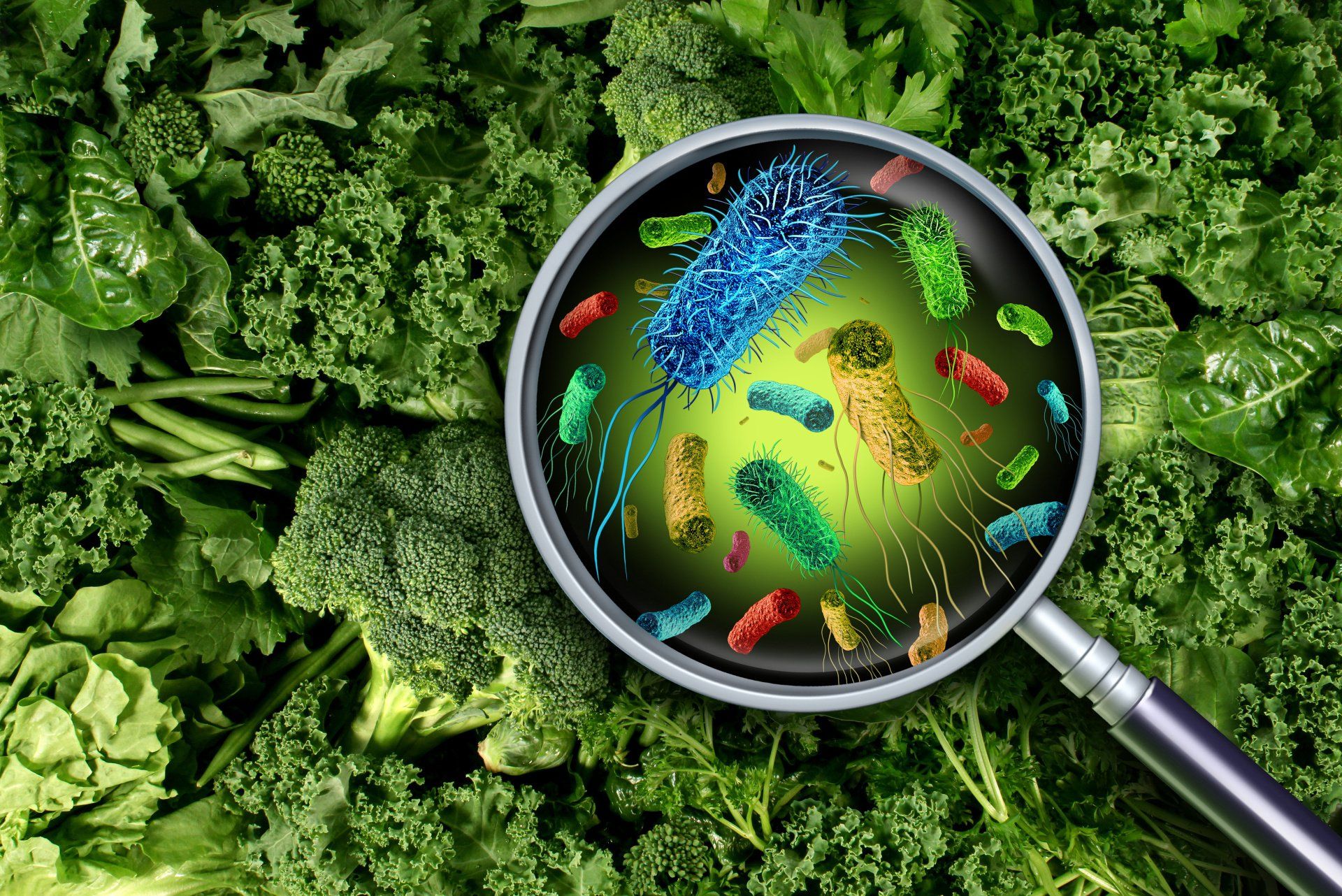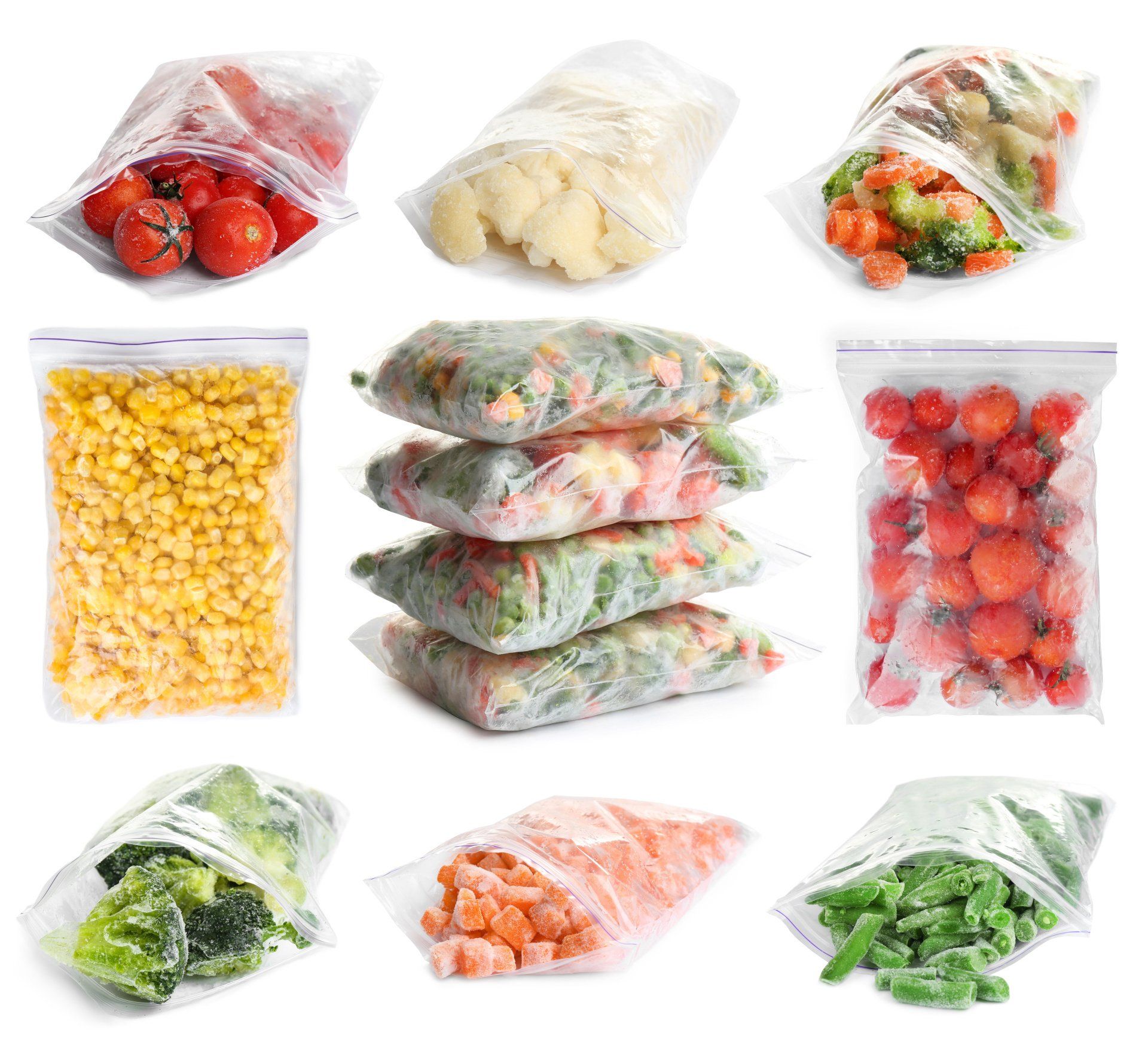1-877-HALAL-WW (+1-877-425-2599)
Understanding Expiration Dates
Do They Really Matter?

As consumers become more critical of where their food comes from and how it is made, checking an expiration date on labels has become a common practice. No one wants to buy expired foods, let alone consume them.
Every now and then, we may pull out an expired item from our kitchen cabinets, we may take a risk and try the food anyway. The question is, however, do foods become unsafe after their ‘best by’ date? Or is this just a marketing gimmick, from the companies that produce these foods?
As halal-conscious consumers, we must ensure that the foods we consume are not only permissible, but also safe and wholesome. Therefore, we need to educate ourselves on how to become smarter consumers.
The concept of the "expiration date" has been deeply embedded within the Islamic faith. In Islam, Muslims are prohibited from consuming certain foods that have become spoiled or rotten. The Messenger of Allah (ﷺ) said: "The one who catches up with the game (he shot) after three days may eat from it, unless it has turned rotten” (Sunan an-Nasa'i 4303)
Additionally, Nabīdh is a drink traditionally made from raisins, grapes, or dates steeped in water. If left alone for over 96 hours, it can spoil and become intoxicating depending on the level of fermentation. It was narrated that Sa'eed bin Al-Musayyab said: “Drink juice so long as it does not have any foam.” (Sahih - Sunan an-Nasa'i 5731)
It was also narrated that Ibn 'Abbas said: “Nabīdh of raisins would be made for the Messenger of Allah (ﷺ) at night, and he would put it in a water skin and drink it during the next day, the day after, and the day after that. At the end of the third day, he would give it to others to drink, or drink it himself, and if anything was left the following morning, he would pour it away.” (Sahih - Sunan an-Nasa'i 5739)
As the Prophet Muhammad (ﷺ) is the epitome of health, his example shows us that we too must be concerned with spoilage of our food and drink.
As the food industry advances technologically, labeling has become more confusing. Aside from a bunch of logos and unfamiliar ingredients, it is easy to get lost in translating the different terms of expiration dates.
In this article, we guide you through the different meanings behind the various food-date terms and what those terms mean for you. Additionally, we list a few useful tips to keep your produce in the best condition.
The Real Meaning Behind Food Dates
In the US, food manufacturers are not legally required to put an expiration date on their foods – except for infant formula. While food manufacturers provide “food dating” for various reasons, it is primarily useful for the purposes of easy traceability and inventory management. In other words, retailers will be able to know which products should be displayed first and consumers will be able to assess what to consume first. In addition, when companies disclose food dates, they give the impression of being a credible and trustworthy source.
The
United States Department of Agriculture (USDA) does not provide a set of terms or phrases for food dating so the terms used can vary. For example, canned fruits can have a ‘best-by’ date while a carton of eggs has a ‘sell-by’ date and a pre-made salad, for example, utilizes the term ‘use-by.’
While the terms are diverse, we all interpret it as an ‘expiration date.’ As a result, when foods pass the ‘sell-by’ or the ‘use-by’ date, we tend to steer clear from consuming them. Truth be told, while these food dates are helpful, they are not entirely accurate.
How to Read Food Dates:
Best-before/ Best-by/ Best if used-by date
This date is a rough estimate from food producers to guarantee product quality but not safety. These dates are commonly used for foods that may go in your kitchen cabinets or pantry. Foods such as canned goods, cereals, cookies and pasta, may last for more than one or two years.
With proper storage, shelf-stable products might still be edible for a few weeks, to months after their best-by date.
Sell-by-date
The ‘sell-by’ date is the retailers’ way of communicating to the consumer, how long certain foods can be displayed as ‘for sale’. Most perishable products – such as eggs, pasteurized milk, and uncooked meat – will utilize the label ‘sell-by’. For meat products, the USDA suggests using or cooking the meat within 3-5 days after purchase.
Freeze-by date
A ‘freeze-by’ date is usually stamped on raw red meats, or poultry. This date indicates when meat should be frozen, in order to pro-long its freshness.
Use-by date
The ‘use-by’ date indicates when certain foods should be consumed, to ensure peak quality. It is usually printed on perishable foods such as pre-made salads and cooked meats.
If the ‘use-by’ date has passed, the food is still safe to eat but the quality of the product may diminish slightly. However, it is recommended to not consume foods after the ‘use-by’ date, ideally within 1-2 days.
So, are expired foods still safe to eat?
With an exception for infant formula, food dating is mostly there for quality, as opposed to food safety. Provided consumers store produce in its ideal storage conditions, food manufacturers guarantee that their products will remain at the peak quality, until the date printed on their packaging. However, once the date has passed, the food quality begins to decrease. For example, if jam or jelly has reached its expiration date it may become slightly discolored; pasta may become hard, and the amount of time it takes for it to cook, may change; cookies may become less crunchy, or taste stale.
It is important to understand what different food labels mean. Foods do not necessarily become inedible after the expiration date, and there is a chance that they are still safe to consume. As halal-conscious consumers, we should do our very best to avoid wasting food.
Tips for Food Safety
As mentioned earlier, food labels indicate when a product is at its best quality. This is of course, subject to proper handling and storage, and the type of food being considered.
Here are our top tips to ensure food-safety:
Beware of Damaged Packaging
Before purchasing – and especially before consuming a product - always inspect your food packaging. It may sound miniscule, but packaging is the last barrier of protection from the external environment. Factors such as being exposed to air and sunlight allow for bacteria to creep in.
For example, steer clear from canned foods that are bulging, dented, leaking or rusted. Similarly, if the packaging of dried goods is damaged, be sure to keep an eye out for signs of ‘pantry bugs’/grain beetles or other pesky insects.
Proper Storage
Food labelling exists for our own safety. Therefore, it is important that we pay attention to the packaging instructions especially when it concerns food storage. Even if the product is similar, different brands require different storage conditions for their product. It is always good to err on the side of caution and read the storage instructions on the package.
Quick tip: As you shop, pick up your perishable items* last before checking out.
*Perishable items include meat, ready-to-eat meals, yogurt, pasteurized milk, and anything displayed in the refrigerated section. As they need constant refrigeration in order to prevent spoilage, avoid leaving them at room temperature for more than 2 hours.
Applications such as the USDAs FoodKeeper provides specific guidelines and storage time for a diverse range of food products.
Freeze Perishable Items
Freezing is the best option to prolong the shelf life of a product. As an alternative to using all your products at once, or to prevent wasting, consider freezing your produce before its freeze-by or use-by date. Freezing works perfectly well for almost any kind of food, whether it is fresh vegetables or freezing your leftover sourdough bread.
Be Aware of Signs of Spoilage
No matter what you do to prolong the shelf life of a product, it will eventually go bad. However, when we do not adhere to storage instructions, food tends to spoil, even before the indicated expiration date.
You will be able to identify if a food is spoiled easily, as bacteria alters the look, smell, and taste of a product. If you still are not sure, use your senses to spot the common signs of spoiled foods, such as the presence of mold, discoloration, altered textures, a sour smell, or an unpleasant taste.
Unlike bacteria related to spoiled food, pathogenic bacteria do not affect the appearance, smell or taste of a product. Perishable foods that are left too long on the counter may look okay, but they may be unsafe to eat. So, when in doubt, it would be better to throw them out or repurpose it, in your compost.
Conclusion
The various food expiration dates are a human attempt to estimate how produce should be handled, or when it should be eaten. While foods are best enjoyed before the expiration dates, they do not necessarily go bad once the expiration date has passed. Unless there are signs that the food has gone bad, they are safe to consume. Instead of throwing out your fresh herbs or expired pasta, refer to the expiration date as a mere guideline, and always use your five senses!












